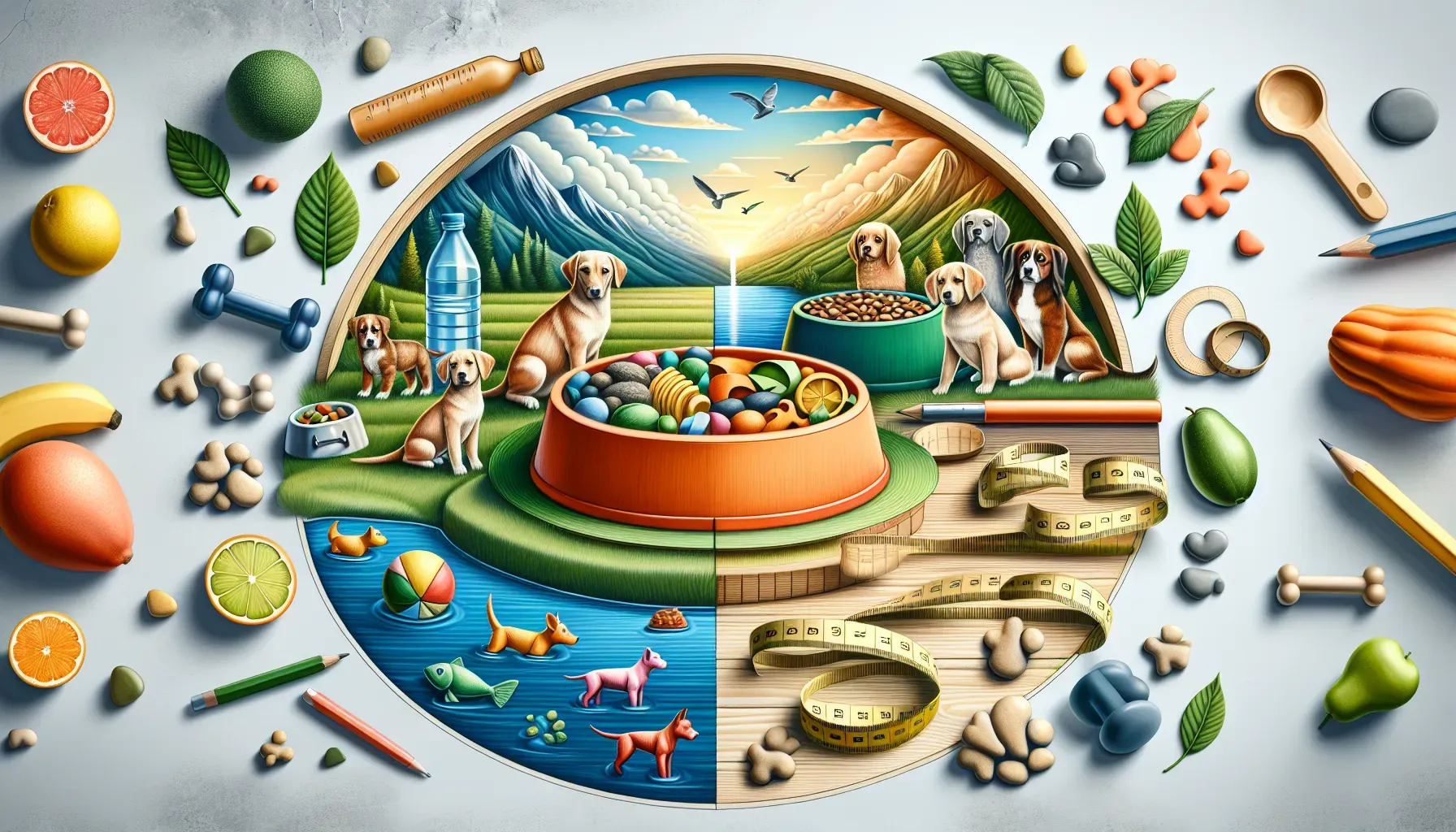
When strolling down the pet food aisle, the array of options can be overwhelming. Understanding pet food labels is crucial for making informed choices about what goes into your pet's bowl. Look for clear indicators of high-quality ingredients such as meat as the primary source of protein, and ensure that essential nutrients are listed. Avoid artificial additives and by-products, as they may not provide the best nutrition for your pet. Opt for brands with "complete and balanced" statements, indicating that the food meets specific nutritional requirements.
Understanding Pet Food Labels for Informed Choices
At different life stages, pets have varying nutritional needs. Puppies require diets rich in protein and fats to support their rapid growth and development. As they transition into adulthood, a balance of proteins, fats, and carbohydrates becomes essential for maintaining their energy levels and overall health. Senior pets may benefit from foods that address age-related concerns, such as joint health and weight management.
Deciphering Dietary Needs by Age and Activity Level
Activity level also plays a crucial role in determining dietary needs. Highly active pets require diets with higher protein and fat content to sustain their energy levels, while less active pets may need a more controlled calorie intake to prevent obesity.
Supplements can be beneficial in certain cases but should not replace a balanced diet. Before considering supplements for your pet, consult with a veterinarian to assess specific nutritional requirements. Omega-3 fatty acids, glucosamine, and probiotics are among the most common supplements that can support joint health, coat condition, and digestive well-being in pets. Always choose supplements designed for pets and carefully follow dosage recommendations.
Related Article: Combatting Pet Obesity: Holistic Approaches to Weight Management and Nutritional Balance
The Role of Supplements in Pet Health
While it's tempting to share our meals with our furry companions, not all human foods are safe for pets. Certain foods like chocolate, grapes, onions, garlic, and xylitol (an artificial sweetener) can be toxic to pets. On the other hand, some human foods such as plain cooked chicken, carrots, blueberries, and green beans can serve as healthy treats in moderation. Always ensure that any human food given to pets is safe for their consumption.
Organic pet foods claim to use high-quality ingredients without artificial additives or preservatives. While this sounds appealing, it's essential to critically evaluate such claims. Understand that "organic" doesn't always guarantee superior nutrition compared to trusted commercial brands that meet stringent nutritional standards. Assess the ingredient list and nutritional profile of both organic and commercial options to make an informed decision based on your pet's individual needs.
Human Food for Pets: Safe Snacks vs. Harmful Treats
A well-balanced diet directly impacts your pet's overall health and well-being. Nutrient-dense foods support healthy coats, strong bones, optimal digestive function, and robust immune systems. Furthermore, a proper diet helps regulate weight and reduces the risk of various health issues such as diabetes and heart disease. By prioritizing nutrition tailored to your pet's specific requirements, you are investing in their long-term health.
Organic vs. Commercial Pet Foods: Understanding the Differences
Water is an often overlooked but vital component of pet nutrition. Always ensure that your pet has access to clean, fresh water throughout the day. Monitor their water intake closely, especially during hot weather or after physical activity. Dehydration can lead to serious health issues, so make it a habit to check water bowls regularly and encourage proper hydration.
The Impact of Diet on Overall Pet Health
Pets can develop allergies or intolerances to certain ingredients present in their food or environment. Common symptoms include itching, digestive disturbances, ear infections, or skin rashes. If you suspect that your pet has allergies or intolerances, work closely with a veterinarian to identify potential triggers through controlled elimination diets or allergy testing. Once identified, removing the allergen from your pet's diet becomes crucial in managing their condition effectively.
Frequently Asked Questions
When selecting pet food, look for clear labels indicating high-quality ingredients, such as meat as the primary protein source. Ensure essential nutrients are listed and avoid artificial additives or by-products. Opt for brands that state "complete and balanced," confirming they meet specific nutritional requirements for your pet's health.
Pets have different nutritional needs based on their age and activity levels. Puppies need protein-rich diets for growth, while adults require a balanced intake of proteins, fats, and carbohydrates. Senior pets may benefit from specialized foods addressing joint health and weight management, while active pets need higher protein and fat to maintain energy.
Not all human foods are safe for pets. Foods like chocolate, grapes, and onions can be toxic, while plain cooked chicken and certain vegetables can be healthy treats in moderation. Always check if a human food is safe before sharing it with your pet to avoid potential health risks.






